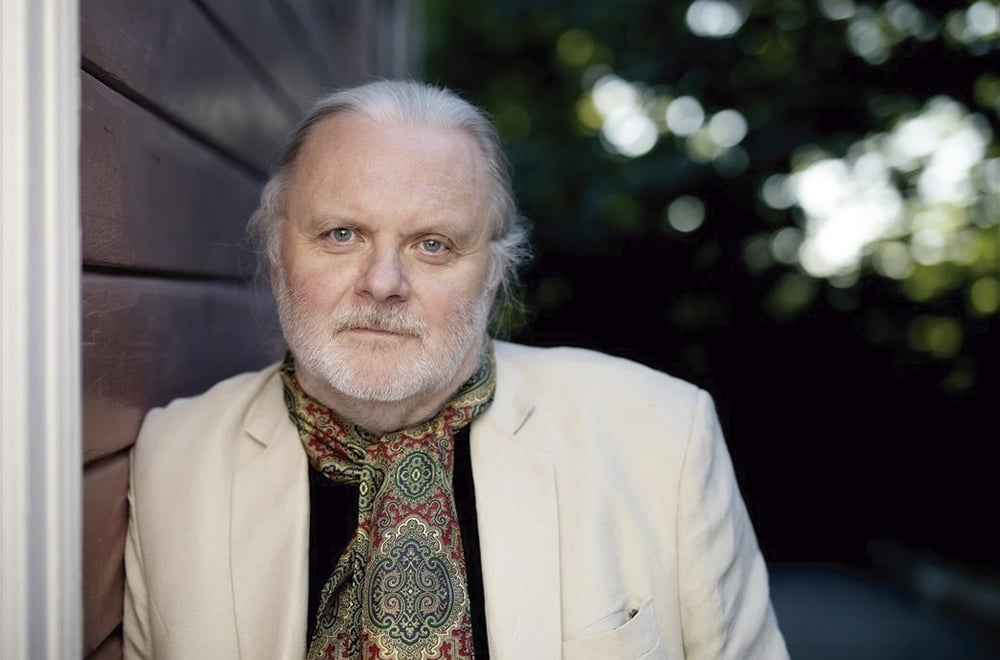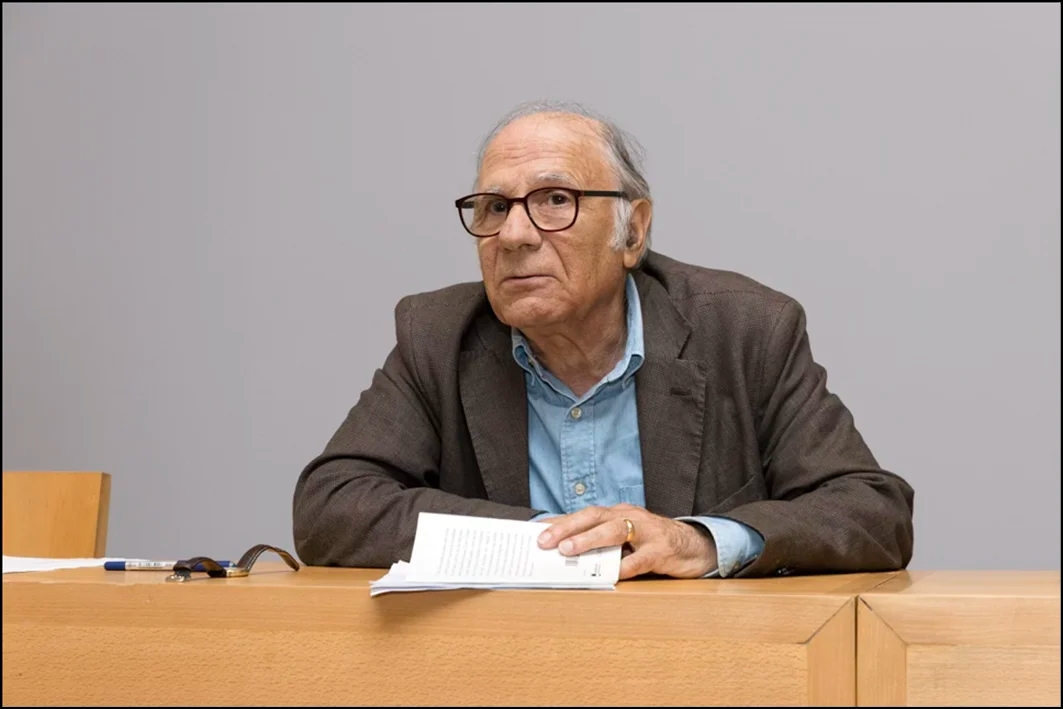A duel between author and reader.

Jon Fosse has already published some good books in Brazil, such as Whiteness, the Trilogy, and Boathouse, but it is with the Heptalogy that the Norwegian, winner of the 2023 Nobel Prize in Literature, truly shows what he is capable of.
Unlike some international editions, which were released in three volumes, the novel, divided into seven parts, arrives here in a single 688-page book, translated directly from the original by Leonardo Pinto Silva.
With epic yet personal undertones, the novel follows the seven days leading up to Christmas in the life of Asle, a widowed painter who lives a secluded life in a fjord on the west coast of Norway.
A practicing Catholic, he holds an exhibition every year, starting at Christmas, in the neighboring city of Bergen. His social circle is tiny.
Besides his deceased wife, with whom he speaks every day, there is only the fisherman Åsleik and the gallery owner Beyer.
The complication in the narrative lies in the presence of another Asle, also a painter, but one who struggles with alcoholism.
Could this other man be a double? Or is he a fragment of the first Asle's mind? But ultimately, does any of this matter?
Starting from this premise, Fosse raises questions about life, death, religion, and God. Dealing with difficult and profound themes, the author does not make the journey easy for the reader.
 HEPTALOGY. Jon Fosse. Translation: Leonardo Pinto Silva. Fósforo (688 pages, R$149.90)
HEPTALOGY. Jon Fosse. Translation: Leonardo Pinto Silva. Fósforo (688 pages, R$149.90)
And that is possibly the greatest charm of the Norwegian author's work: establishing an intellectual duel with the reader.
Each of the seven parts is a long sentence spanning many pages, narrated from the point of view of a man who has difficulty verbalizing his thoughts. Part of the narrative relies on the evocation of images.
In other words, Fosse, with his writing style and the peculiarity of his characters, challenges us both in terms of attention and comprehension.
In this book, he also seems to ask us to remain calm.
Anyone who decides to venture into its labyrinthine narrative should surrender themselves without expecting easy answers.
As a reward, you will have had contact with a unique work – and a giant one in more senses than one.
Published in issue no. 1387 of CartaCapital , on November 12, 2025.
This text appears in the print edition of CartaCapital under the title 'A duel between author and reader'.
CartaCapital





